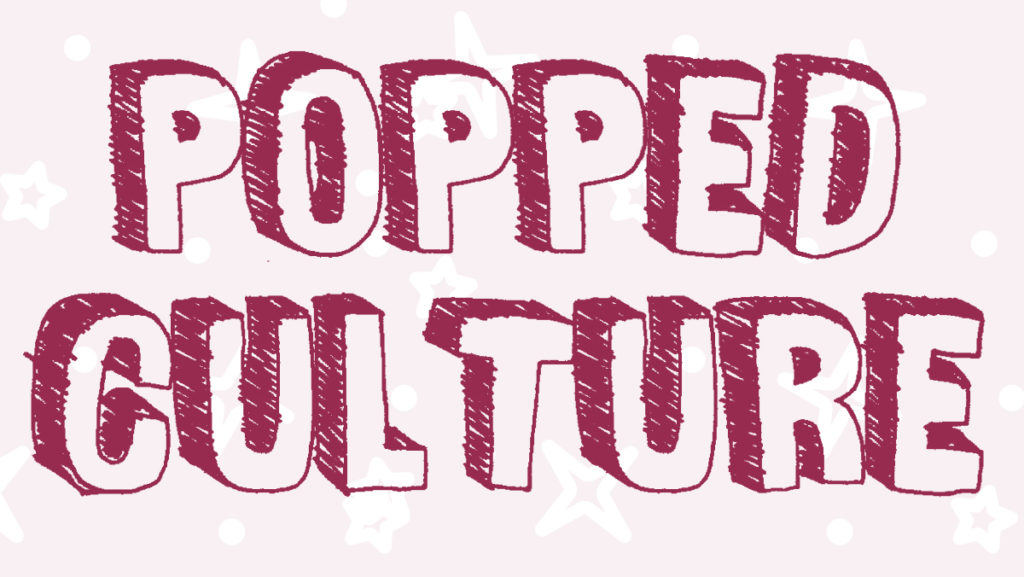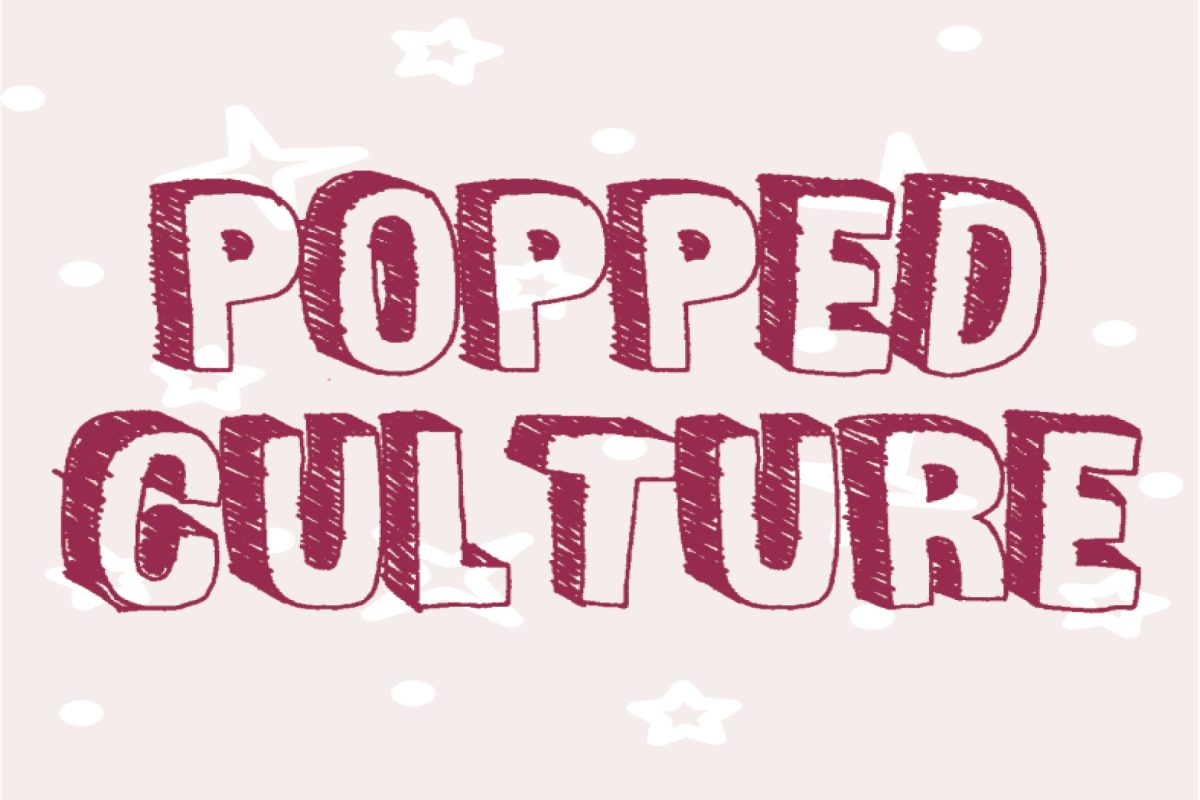Ever since the birth of the motion picture industry in the 1890s, horror has been an integral part of cinema. From the Universal Classic Monster franchise movies like “Dracula” (1931) and “Frankenstein” (1931) to modern classics like “It Follows” (2015) and “The Babadook” (2014), filmmakers from all over the world have always held a keen interest in exploring what makes audiences scared. Many subgenres exist within the genre, ranging from paranormal, slasher, possession and body gore to more psychological horror. Whether the goal is to have a good laugh at something that seems ridiculous in concept, or to truly feel terror to the point of not being able to sleep at night, horror has a little bit of something for everyone.
2022 in particular has seen many successful horror films, both financially and critically, with “Scream,” “Nope,” “Barbarian” and, most recently, “Smile,” releasing in theaters. Despite its undeniable popularity, horror is a genre that gets looked down upon as a lesser form of art. When looking at popular lists, like Timeout’s list, of the best movies of all-time, you would be hard pressed to find many horror films listed aside from the usual mention of Alfred Hitchcock’s “Psycho” and George A. Romero’s “Night of the Living Dead.” Whether it’s because of the low budget nature of many horror films, or the typical, annoying tropes that have become common in many mainstream horror films, along with the typical franchises that just fail to die (the new “Halloween” reboot franchise, for instance), it’s safe to say that horror gets left out of many important conversations surrounding cinema. Truthfully, horror deserves more respect.
In recent years, the term “elevated horror” has been used by film fans online to describe the new trend of thought-provoking, arthouse horror films from independent studios like A24. Films like “Midsommar” and “The Lighthouse” have made waves not only among critics and film fans online, but have caught the attention of mainstream audiences as well. These films are appreciated for being character-driven, often surreal dramas that tackle heavy societal issues without the excessive use of jump scares or other tropes that are typically seen as gimmicky in the horror genre.
But to use the term elevated horror, which is to imply that these films are “above” what horror normally offers, feels incredibly disingenuous and is frankly disrespectful to the history of the genre. The term does not recognize how many successful modern horror films succeed due to their use of the conventions and tropes of the genre.
“Hereditary” is one of the most popular films considered to be “elevated horror.” Ari Aster’s feature-length debut follows a family after the death of the matriarch as they grapple with grief and their family’s past. Despite being labeled as an arthouse film that transcends horror tropes, the film’s ability to explore themes of generational trauma and the inescapable mental health problems that get passed down is truly rooted in the horror genre.
“Hereditary” is a testament to the true power of the horror genre being explored to its fullest potential. This is evident in how the film delves deep into something that many people truly fear, bringing it to life through its eerie atmosphere and ritualistic themes. Like the best horror films, Aster brings to life real fears by conveying them through supernatural elements and imagery. We are overwhelmingly forced to question within ourselves through the course of the horrific events that occur: why are we truly scared?
Horror makes audiences confront the things that scare them most, which is also where the genre can provide genuine feelings of catharsis in seeing these fears through. While characters may suffer and die throughout, there is always an end to see through that makes experiencing a horror film even therapeutic for some people, mirroring the feeling of overcoming trauma.
Another common misconception is that horror has only recently become complex and interested in making commentary. Popular filmmakers like Jordan Peele have brilliantly tackled societal issues in their films, with the Oscar-winning “Get Out” and, most recently, his summer blockbuster “Nope.” Many people look back on older horror films with a narrow lens that often reduces them to creature features or slashers with nothing else on their minds, but horror films have always had something greater to say for those listening.
One of the best examples goes all the way back to James Whale’s 1931 adaption of “Frankenstein,” perhaps the most famous adaption of Mary Shelley’s hallmark novel. In the film, the frantic scientist Dr. Frankenstein creates a monster from dead body parts that ends up escaping and threatening the lives of the townspeople. While this adaptation often gets reduced to a silly monster movie, rarely is the film’s brilliant social commentary on classism discussed. Who the monster wreaks chaos on in the film is carefully chosen, as the elitist, upper class society drink at highly elaborate dinners and obsess over themselves in contrast to the townspeople having to come together as they are picked off one by one. These themes and ideas are not explicitly stated, but are rather shown through masterful storytelling that places trust in the audience to put the pieces together themselves. One can look even deeper in exploring how Whale’s experiences of being gay manifest in the fears present in “Frankenstein” of being ostracized and discarded by society.
Ultimately, the reduction of horror as an artform disregards its indisputable impact on the film industry. No other genre out there makes us face our fears as deeply as horror does. In the process, we are forced to confront ourselves, and look at who we truly are on the inside.





